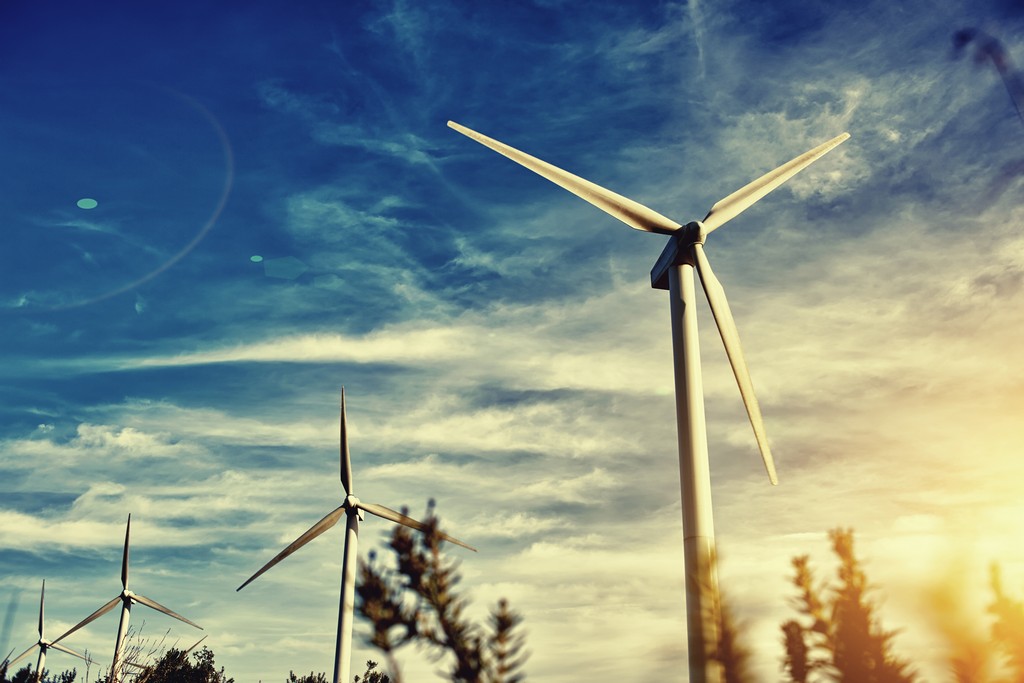PetroWind defends Boracay wind project
- February 22, 2024
- 0

PetroWind Energy, Inc. has reassured stakeholders involved in the second phase of its wind farm project in Boracay, Aklan, of the implementation of thorough and effective impact mitigation measures throughout the development of the 13.2-megawatt wind project.
PetroWind is initiating the Nabas-2 wind power project which was opposed by the Boracay Foundation, Inc. due to concerns about its possible impact on the Nabaoy River, the primary water source for Boracay and Malay.
According to a Manila Standard report, PetroWind argued that the company presented the Ridge-to-River Restoration and Rehabilitation (R4) Program to officials of Malay and Aklan.
PetroWind emphasized that the R4 Program, which concentrated on various aspects of slope stabilization and implemented measures for silt and erosion control, underwent meticulous examination and received recommendations from both local and international bioengineering experts.
PetroWind added that the effectiveness of the R4 program was affirmed as the company concluded the initial phase of its road construction in October 2023, laying the foundation for the installation of six wind turbines.
The Yuchengco-owned wind company added that the Department of Environmental and Natural Resources (DENR) conducted inspections that provided additional confirmation of the project’s adherence to the stipulations outlined in the environmental compliance certificate (ECC), special agreement on protected area (SAPA), and forestland agreement (FLAG).
Additionally, PetroWind asserted that it fulfilled all permitting requirements and obtained local government endorsements before initiating any advancements in the development of Phase 2.
PetroWind emphasized that it is executing this government project as the service contractor for the Department of Energy (DOE) and argued that the recent power outage in the Panay region highlights the necessity of enhancing power supply stability in the area with the addition of new and sustainable sources of electricity.
The company stated that the dissemination of “propaganda” grounded solely in ideology and lacking scientific and technical foundation may lead to reduced investments in Aklan, which may result in the loss of additional tax revenues for local government units (LGUs) and reduce business and employment opportunities for host communities.
PetroWind affirms its strict adherence to its ECC obligations and proclaims its continued support of the government’s aim to achieve its 35% renewable energy target by 2030.